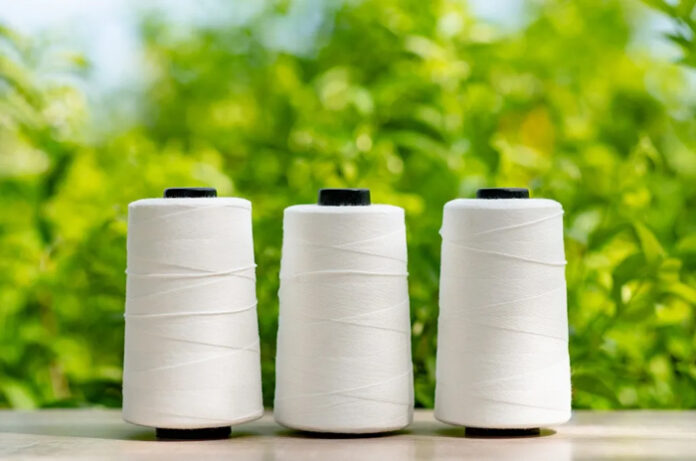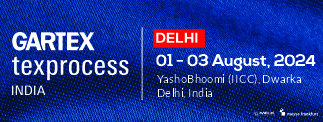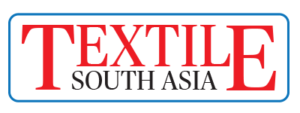India experienced a 65 per cent surge in polyester yarn imports during financial year 2023 (FY23), while exports plummeted by 38 per cent year-on-year, according to CareEdge Ratings. This marked a significant turning point, with India becoming a net importer of polyester yarn for the first time in a decade, a trend that persisted into the first eight months of fincial year 2024. The influx of cheap imports from China led to an oversupply in the domestic market, severely impacting the pricing power of Indian manufacturers and causing a contraction in their export volumes.
During the calendar year 2022, global fibre production totalled 116 million tonnes, with polyester fibre accounting for 54 per cent. China, as the largest player, significantly overshadowed India, the second-largest producer, in the global polyester yarn market.
The operating profitability of Indian polyester yarn players, which had seen substantial improvement in 2021 and 2022 financial years, due to healthy sales volume growth and increased average sales realisation, suffered in financial year 2023. The industry’s profit before interest, lease rentals, depreciation and taxation (PBILDT) margin was significantly affected by the competition from cheaper imports, leading to a decline in average sales realisation.
The capital structure of the industry, however, remained relatively stable, with total debt to PBILDT ratios better than historical levels, supported by debt reduction efforts in previous years. The total outside liabilities to total net worth (TOL/TNW) ratio was comfortable at 0.81x as of March 31, 2023.
To combat the influx of inferior quality imports, the government of India implemented a Quality Control Order (QCO) on polyester yarn, including fully drawn yarn (FDY) and partially oriented yarn (POY). The Bureau of Indian Standards (BIS) played a crucial role in ensuring compliance with these standards. The implementation of BIS, initially scheduled for April 2023, was postponed twice, eventually taking effect from October 5, 2023. This led to a surge in imports in September 2023 due to pre-buying, followed by a significant decline of nearly 60 per cent in November 2023 compared to the previous year.
Looking ahead, CareEdge Ratings anticipates a reduction in polyester yarn imports, potentially allowing Indian industry players to increase prices and improve average sales realisation. The polyester yarn spread is expected to improve, with a gradual improvement in PBILDT margin from Q3FY24 onwards. A more meaningful improvement is forecast from Q4FY24, with a resurgence in domestic demand in key markets like China, the US, and Europe expected to narrow the demand-supply gap and revive export demand for Indian polyester yarn manufacturers.










